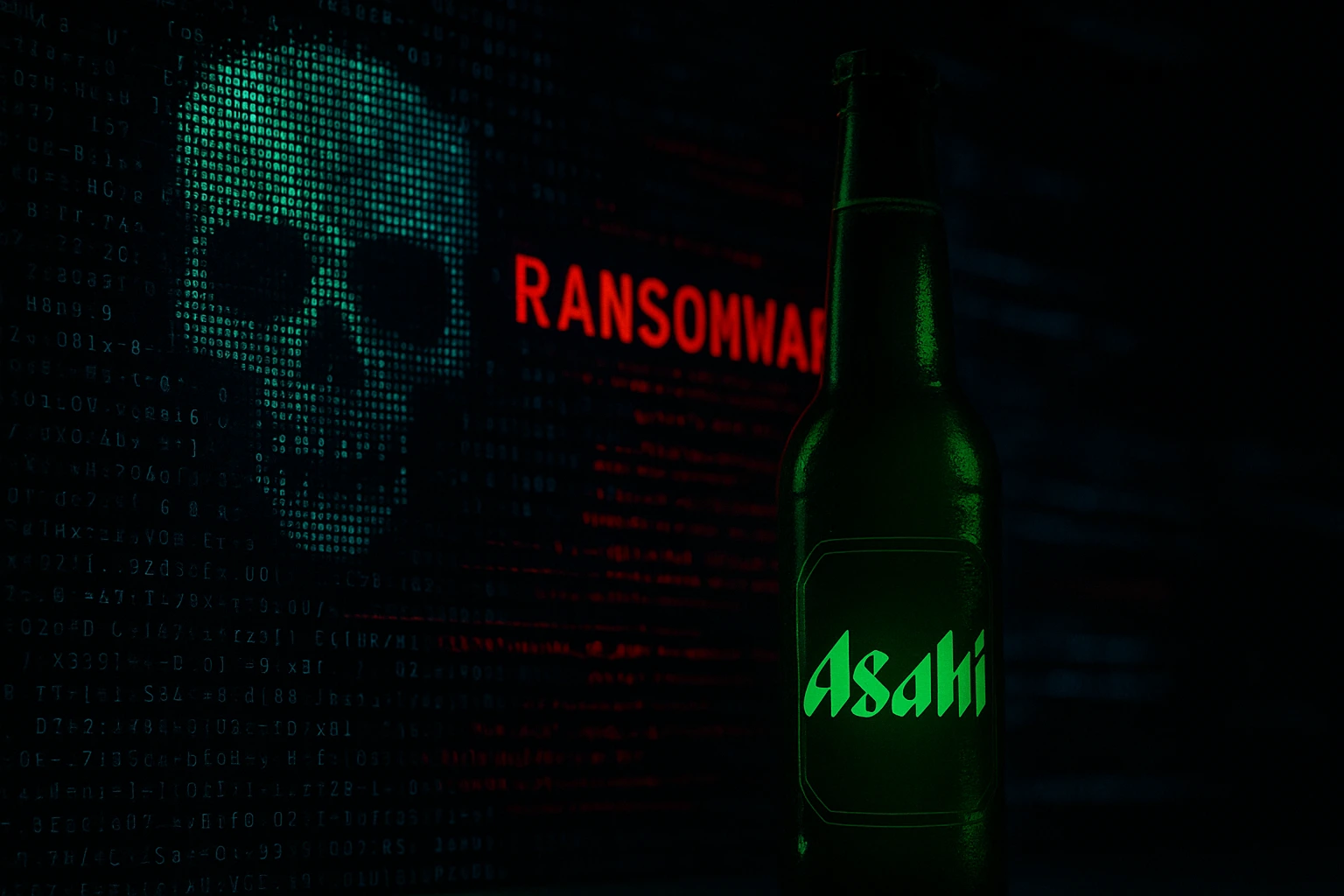A ransomware gang known as Qilin has taken credit for the Asahi cyberattack, which disrupted beer production and distribution across Japan.
Asahi Group Holdings detected the attack on September 29, when several internal systems suddenly went offline.
The company quickly formed an emergency task force to contain the breach and start recovery.
According to Qilin’s dark web post, the hackers accessed over 9,300 files—amounting to around 27 gigabytes of data—and shared 29 screenshots of internal Asahi documents as proof.
Asahi confirmed it suffered a ransomware incident and admitted that unauthorized data transfers likely occurred. However, the company has not disclosed which files were affected.
Production and Operations Impact
The cyberattack temporarily halted production at six major breweries.
Ordering, shipping, and customer support systems all went offline, forcing Asahi to switch to manual operations.
By October 2, the company had restarted partial production and resumed limited shipments.
Full restoration, however, may take weeks as engineers rebuild systems and verify network integrity.
The disruption struck during Japan’s busy autumn brewing season, making the impact especially costly for the brand.
What Hackers Stole
The Qilin group claims the stolen files include contracts, forecasts, and financial reports.
Cybersecurity experts believe that employee information may also be part of the breach.
If true, the exposure could trigger investigations from regulators in Japan and the EU, where Asahi also operates major subsidiaries.
Security analysts are still assessing how Qilin infiltrated Asahi’s systems. Early reports suggest a supply-chain vulnerability or compromised credentials could be responsible.
Who Are the Qilin Hackers?
Qilin runs a ransomware-as-a-service operation, supplying attack tools to affiliates in exchange for profit shares.
The group has claimed over 800 global attacks, including strikes on healthcare and manufacturing firms.
In 2024, Qilin targeted the UK’s Synnovis healthcare network, causing critical delays in patient services.
Analysts describe the group as aggressive and financially motivated, with tactics that aim to cause real-world disruption for leverage.
Asahi’s Response and Next Steps
Asahi is working with cybersecurity experts to restore its systems and verify the scope of the stolen data.
The company said it continues to prioritize business continuity and data security during recovery efforts.
Officials have not confirmed whether the company plans to negotiate with the hackers.
However, experts advise against paying ransoms, noting that it rarely guarantees full data recovery or deletion.
Conclusion
The Asahi cyberattack exposes how vulnerable even global manufacturers remain to ransomware threats.
The Qilin incident halted production, damaged trust, and highlighted the growing link between digital attacks and physical operations.
Asahi’s experience serves as a warning to all industrial companies: invest in stronger cybersecurity or risk facing costly disruptions.


0 responses to “Qilin Ransomware Group Targets Asahi”